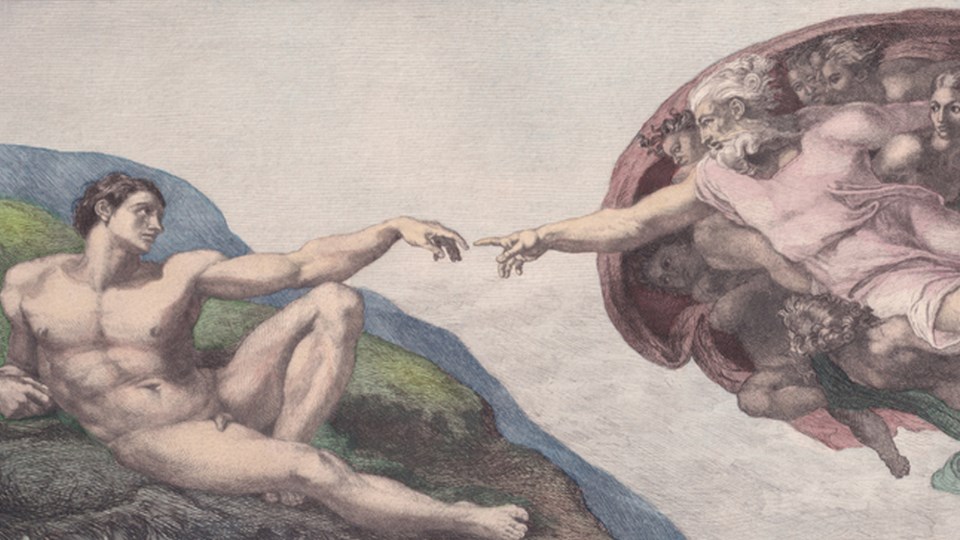Religion, and the way we interpret its precepts and teachings, has rarely been a prominent fixture in Canadian politics.
In the United States, however, the situation is completely different. The fate of incumbents, candidates and even nominees to public positions can be derailed if they provide the wrong answers on questions of faith.
In December 2020, Research Co. and Glacier Media found that, while 32 per cent of Canadians describe themselves as atheist, agnostic or having no religion, the proportion falls to only 19 per cent among Americans.
The United States will hold mid-term elections in November, and the wobbly majority for the Democratic party in the U.S. Senate is in peril. In Georgia, former football player Herschel Walker is seeking the Republican Party’s nomination for a Senate seat. The presence of a former athlete in politics is not unique to the United States. We just had a provincial byelection in Manitoba where the top two vote-getters played in the Canadian Football League. What is odd about Walker is that his insistence in discussing issues of faith has led him to question evolution entirely, bringing unwanted national attention to his campaign. Walker’s assumptions may play well in an audience of southern evangelicals, but resonate with only a tiny proportion of Canadians. When Research Co. and Glacier Media asked about this issue last month, just 18 per cent of Canadians (down eight points since 2021) believe that God “definitely” or “probably” created human beings in their present form within the last 10,000 years. Almost two-thirds of Canadians (65 per cent, up eight points) state that human beings “definitely” or “probably” evolved from less advanced life forms over millions of years.
Canadians aged 18 to 34 are the most skeptical about God putting man on the planet (13 per cent) than their counterparts aged 35 to 54 (17 per cent) and aged 55 and over (23 per cent).
Last year, we found that 44 per cent of Canadians wanted creationism – the belief that the universe and life originated from specific acts of divine creation – to be part of the school curriculum in their province.
In 2022, the results have returned to the levels observed in previous years. Across Canada, 38 per cent of respondents (down six points) believe creationism has a place in the classroom. A slightly higher proportion of Canadians (42 per cent, up six points) think that this should not happen.
There is practically no gender gap on the desire to teach creationism in schools, but there is a fascinating fluctuation on age. Canadians aged 18 to 34, who do not necessarily take creationism seriously, are the most likely to think that it should be part of the curriculum (44 per cent). Their older counterparts are not as enthusiastic: 35 per cent among those aged 35 to 54 and 34 per cent among those aged 55 and over.
British Columbia, which was at the higher end of the spectrum on believing in creationism, occupies the bottom spot on bringing the concept to the classroom (28 per cent). Our findings on evolution and creationism in 2021 could have signalled the beginning of a trend, similar to the ones we have seen on matters like the monarchy and foreign affairs. In 2022, the numbers have gone back to their usual home: Canadians are choosing evolution by a margin larger than three to one and expressing a reduced eagerness to teach creationism in school.•
Mario Canseco is president of Research Co.
Results are based on an online study conducted from March 25 to March 27, 2022, among 1,000 adults in Canada. The margin of error, which measures sample variability, is plus or minus 3.1 percentage points, 19 times out of 20.




